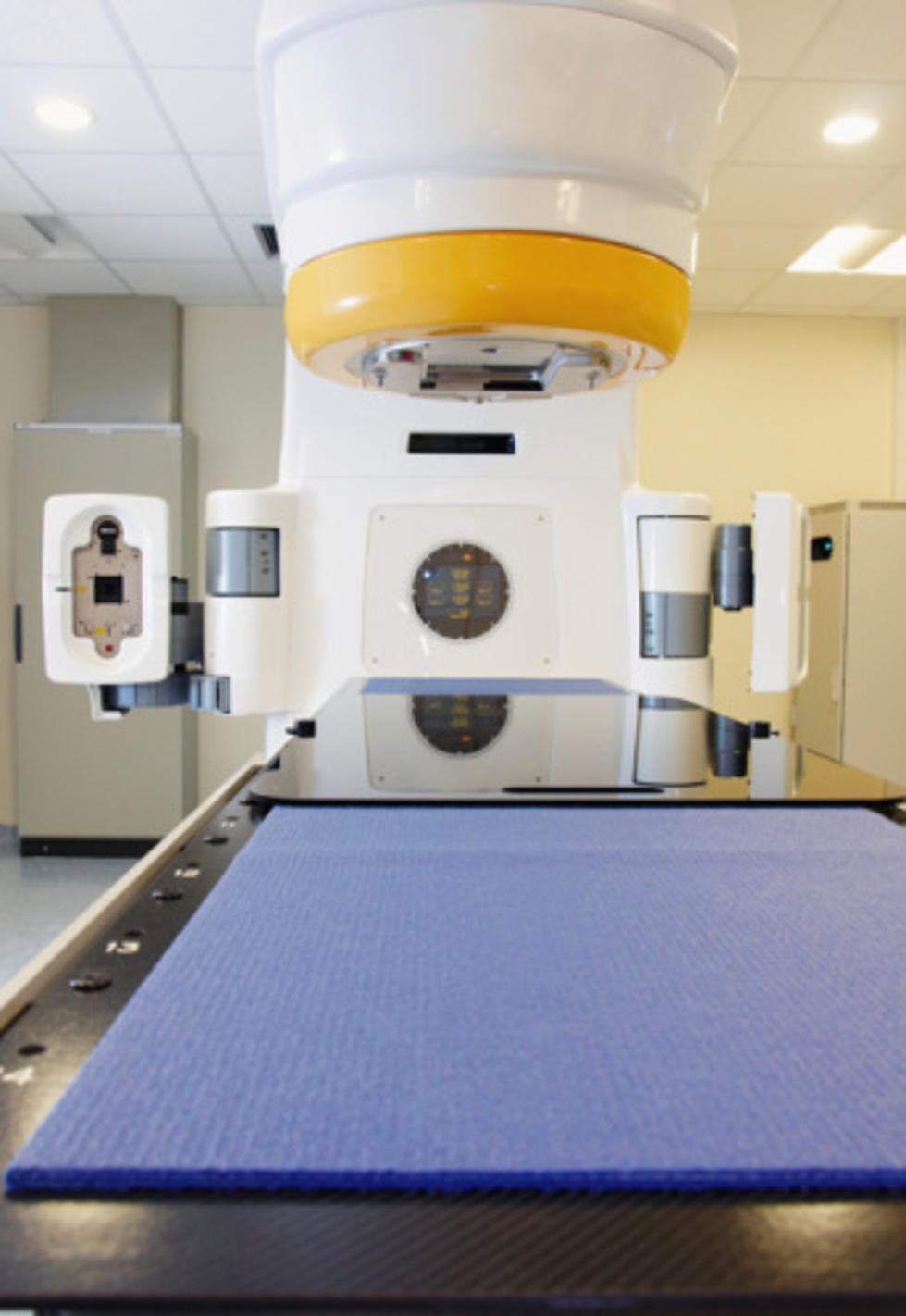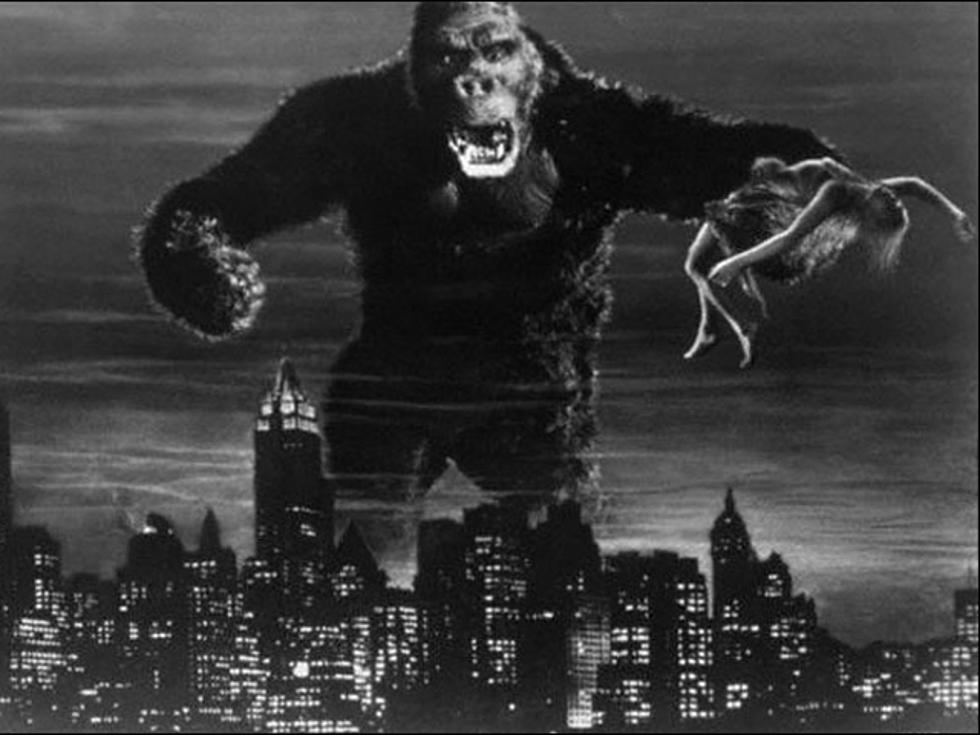
Is Testosterone Replacement The Solution for a ‘Low T’?
Among the many new medical drugs being advertised to consumers, testosterone is heavily marketed to older men who suffer from reduced muscle mass, less energy, and a lowered sex drive. However, researchers believe that its unclear whether these issues are solely related with aging.
Testosterone is a male hormone that plays a significant role in the development of male reproductive tissues, and is part of what provides men with a healthy sex drive. It’s also responsible for the development of the testes and penis and allows men to maintain a normal level of red blood cells.
However, testosterone begins to decline after men reach the age of 30. From that point, a man will normally experience a one percent decline each year throughout his life.
Some health experts believe treatment for decreasing levels of testosterone is needed, and others believe it doesn’t medically necessitate. This is chiefly due to ‘high’ and ‘low’ testosterone levels being subjective throughout the medical industry.
‘Normal’ testosterone levels are 300 nanograms per deciliter, and a ‘healthy’ range is between 250 and 1,100 nanograms per deciliter.
Bradley Anawalt, a professor and vice chairman of medicine at the University of Washington in Seattle said that advertisers are targeting male insecurity, but symptoms associated with low testosterone could be experienced within all men.
“There is a lot of marketing directed at men who want to be more attractive to potential partners, more muscular and vital,” he said. “But if you ask any man whether he feels tired some of the time, is a little depressed and whether his sexual prowess isn’t what it used to be, you’ll likely get a ‘yes’ to at least one of those questions.
More From KSEN AM 1150










